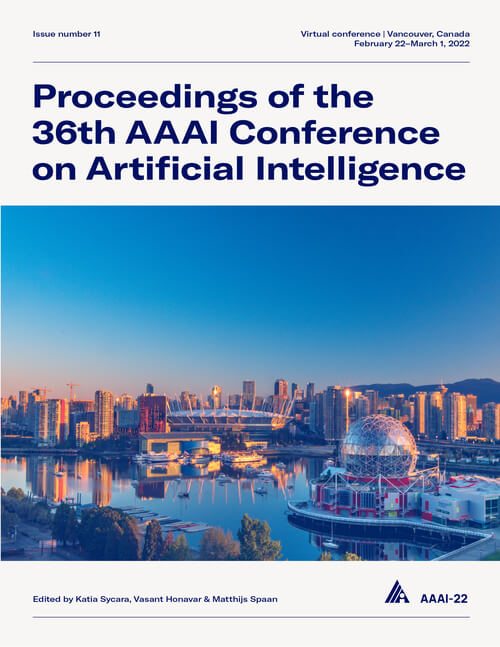Planning to Avoid Side Effects
DOI:
https://doi.org/10.1609/aaai.v36i9.21219Keywords:
Planning, Routing, And Scheduling (PRS), Philosophy And Ethics Of AI (PEAI)Abstract
In sequential decision making, objective specifications are often underspecified or incomplete, neglecting to take into account potential (negative) side effects. Executing plans without consideration of their side effects can lead to catastrophic outcomes -- a concern recently raised in relation to the safety of AI. In this paper we investigate how to avoid side effects in a symbolic planning setting. We study the notion of minimizing side effects in the context of a planning environment where multiple independent agents co-exist. We define (classes of) negative side effects in terms of their effect on the agency of those other agents. Finally, we show how plans which minimize side effects of different types can be computed via compilations to cost-optimizing symbolic planning, and investigate experimentally.Downloads
Published
2022-06-28
How to Cite
Klassen, T. Q., McIlraith, S. A., Muise, C., & Xu, J. (2022). Planning to Avoid Side Effects. Proceedings of the AAAI Conference on Artificial Intelligence, 36(9), 9830-9839. https://doi.org/10.1609/aaai.v36i9.21219
Issue
Section
AAAI Technical Track on Planning, Routing, and Scheduling

